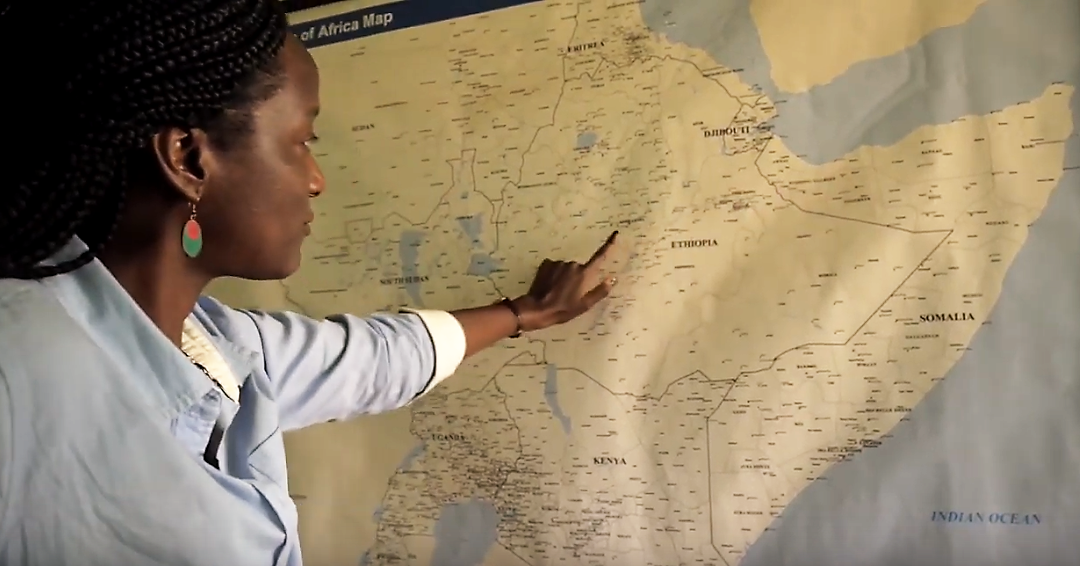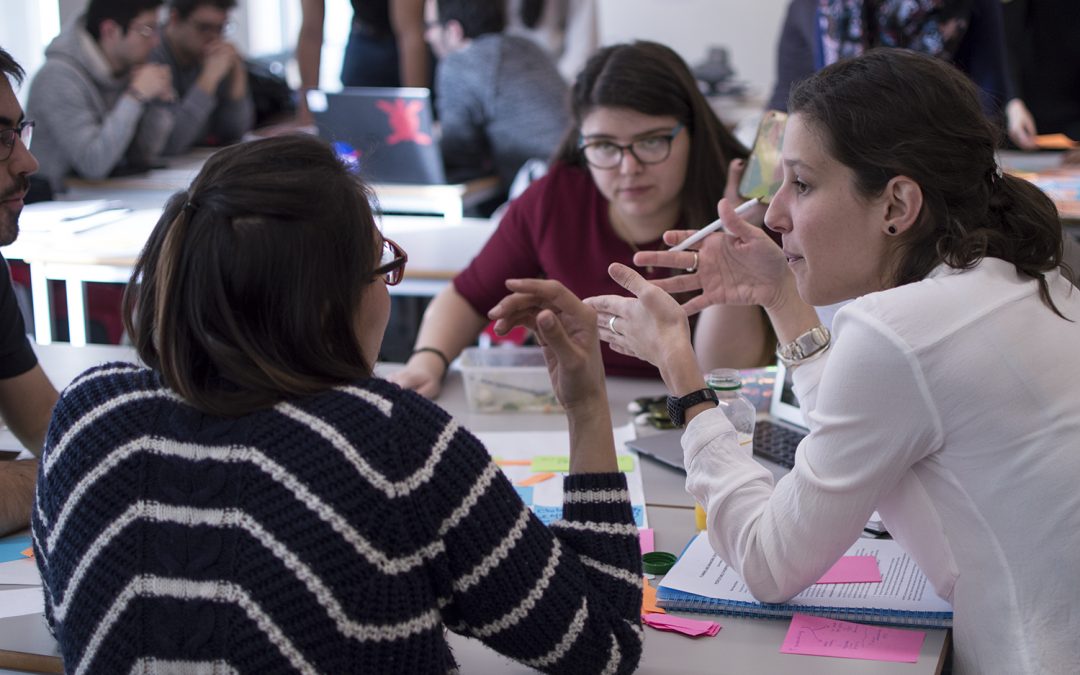
Understanding migration in the Horn of Africa
GDI’s Oliver Bakewell is a key member of the Research and Evidence Facility on Migration in the Horn of Africa – and features in a new video outlining the project:

The Global Development Institute is Hiring
We have big ambitions at the GDI and to make them happen, we need the best research and teaching staff. If you have an outstanding track record and a commitment to social justice, then please come and join us.
Click on the job titles for more information:
Lecturer in Development Economics (Teaching & Scholarship)
1 August 2019 until 3 July 2020. Closing date: 29/07/2019
Research Associate on South-South Migration Hub

Can international trade agreements drive progress on labour standards?
Shamel Azmeh, Lecturer in International Development
With the EU raising the issue of labour standards with Korea under their free trade agreement and debates around labour provisions in the new NAFTA agreement intensify, Shamel Azmeh discusses the potential and the limitations of improving working conditions through trade agreements read more…

Visa rejection for African experts hits GDI conference
Today, we’re welcoming researchers and activists to Manchester for a conference on the challenges and opportunities of scaling up participation in urban settings.
But of the ten keynote speakers we invited from the Global South, only five have received a visa to travel to the UK. All five rejections were for colleagues from African countries.
Despite providing a wealth of evidence from The University of Manchester and their home organisations, ostensibly meeting all entry criteria, all five received rejections from the Home Office late last week.
Eritrean independence celebrations after the rapprochement with Ethiopia: plus ça change?
Fittingly, a few days since I returned from a visit to Eritrea that coincided with the 28th celebration of Eritrean independence on 24th May, an academic article I wrote in November 2018 about the rapprochement between Eritrea and Ethiopia has just been published (and can be accessed here).
Its last section on the potential future urged caution, a caution that seems more and more justified when considering my experiences of the last two weeks in Eritrea. My first visit to the region since the rapprochement was to the Ethiopian side, to Mekelle, in October 2018, a time when the border was truly open and few checks were in place for those crossing. This was always to be an unusual and temporary arrangement, until such a time when more formal rules and regulations that would guide the crossings of goods and people between both countries would be in place.

Learning Human Resource Management with IBM
by Paul Barry and Lujia Feng
Students on the Management and Governance in Development Group in the Global Development Institute had a workshop on the recruitment and application process of IBM. The workshop provided students with insights into of practice-focused human resources and career development This workshop focused on the recruitment and application process in IBM in the UK and China. Guest speaker, Kashif Taj, is IBM’s Early Professionals Manager and linked Human Resource theories and practice through issues and examples of experience. Reflective learning, group discussion and a mock assessment centre also took place to offer a unique opportunity for students to engage with an experienced HR partner based in an international organisation.

GDI at DSA2019
Researchers from the Global Development Institute will be convening 6 panels the Development Studies Association Conference. The conference runs from 19-21st June at the Open University in Milton Keynes. Find out about the panels and papers our researchers are presenting below.

How to address Menstrual Hygiene Management sustainably and at scale?
Our PhD researcher Mariana Lopez Rodriguez discusses her research on “Gender-Environmental relations in Global Production Networks.” read more…

GDI at ECAS2019
A number of our researchers will be at ECAS2019 on Africa: Connections and Disruptions. The conference will run from 11-14 June in Edinburgh.

What creates a pro-poor politics and the possibility of participatory planning?
The romance of the barricades features in Les Misérables, but it also figures heavily in academic texts. Many academics, professionals and political activists think contentious politics is the solution to injustice and structural disadvantage. They consider that it is the very willingness to protest publicly, to claim rights and entitlements through assertion rather than persuasion, that advances social justice, poverty reduction and progressive development. As George Bernard Shaw claimed: ‘all progress depends on the unreasonable man’
But experience of working with women activists in informal settlements suggests that this is overly simplistic and ignores the complexity of resistance strategies. Quiet resistance has long been recognised in the academic literature. However, it has been primarily seen as an individual action; with relatively little attention given by academics to actions that aggregate through replication into something that is deliberately subversive and potentially forceful. Collaboration with the state has long been recognised; but it is frequently critiqued by academics with allegations of co-option. read more…
